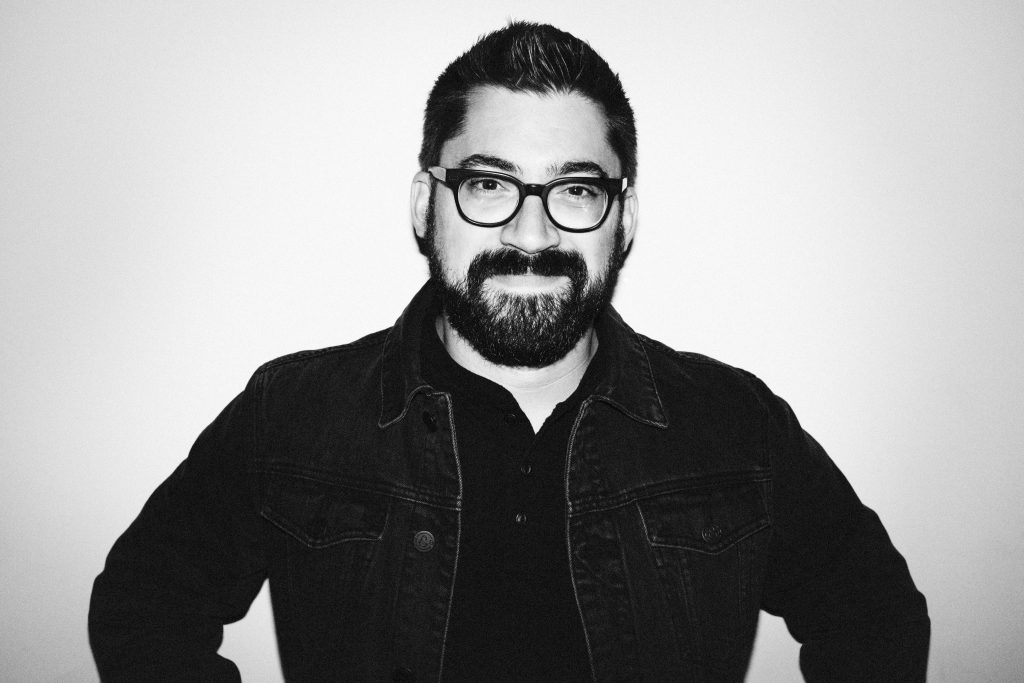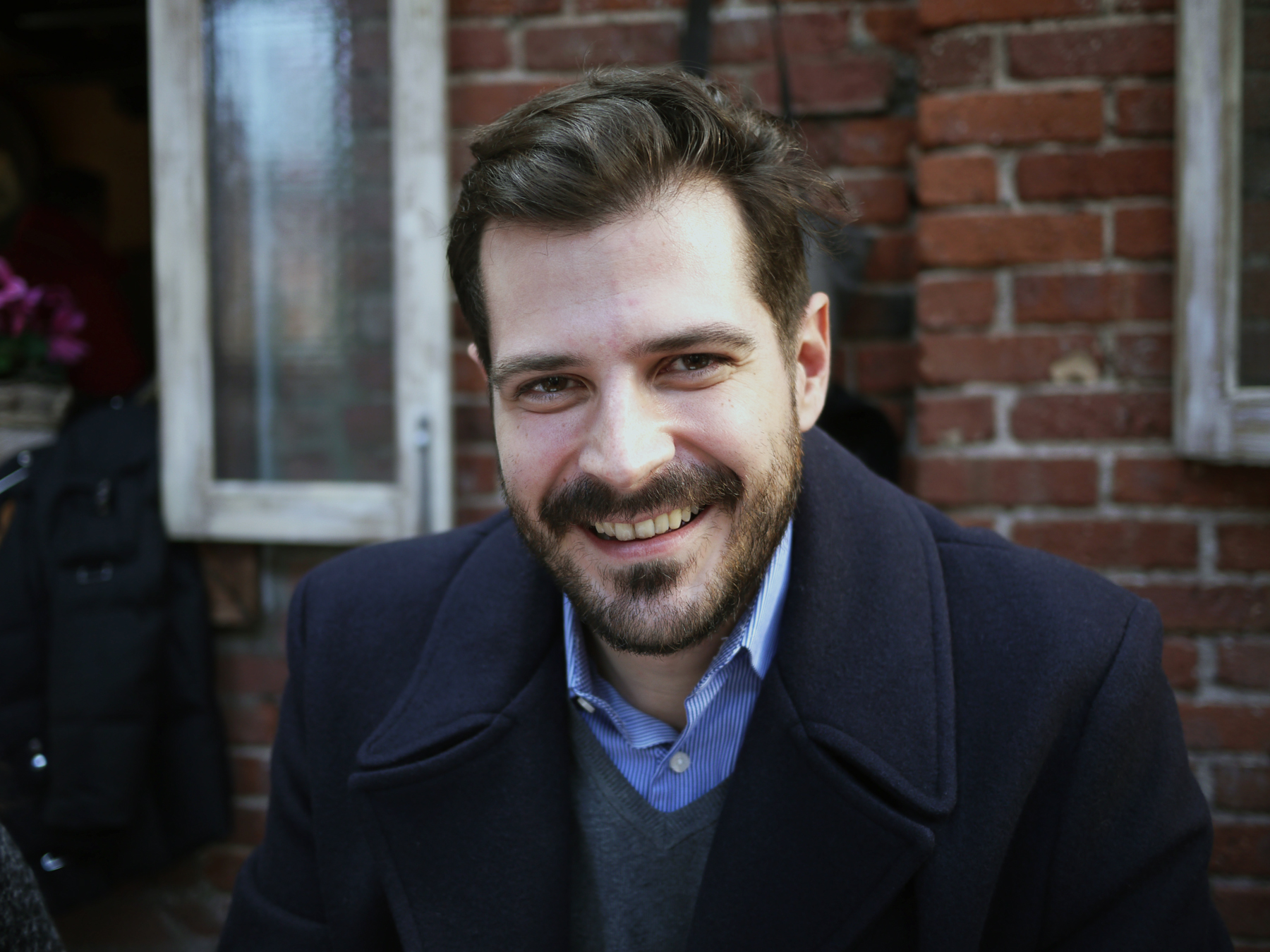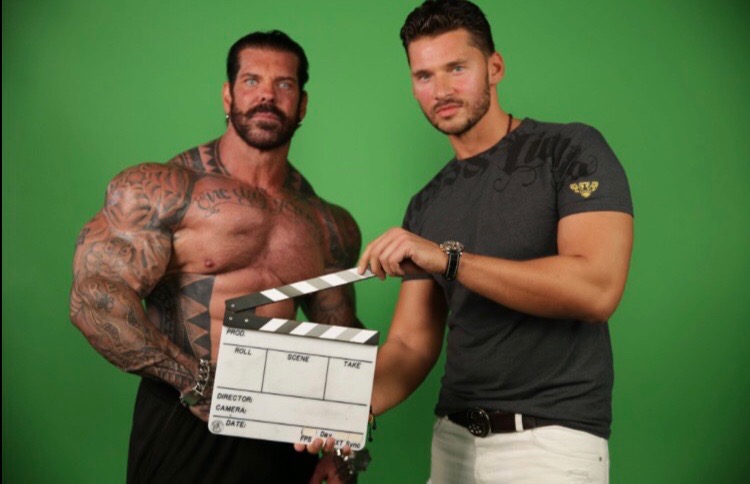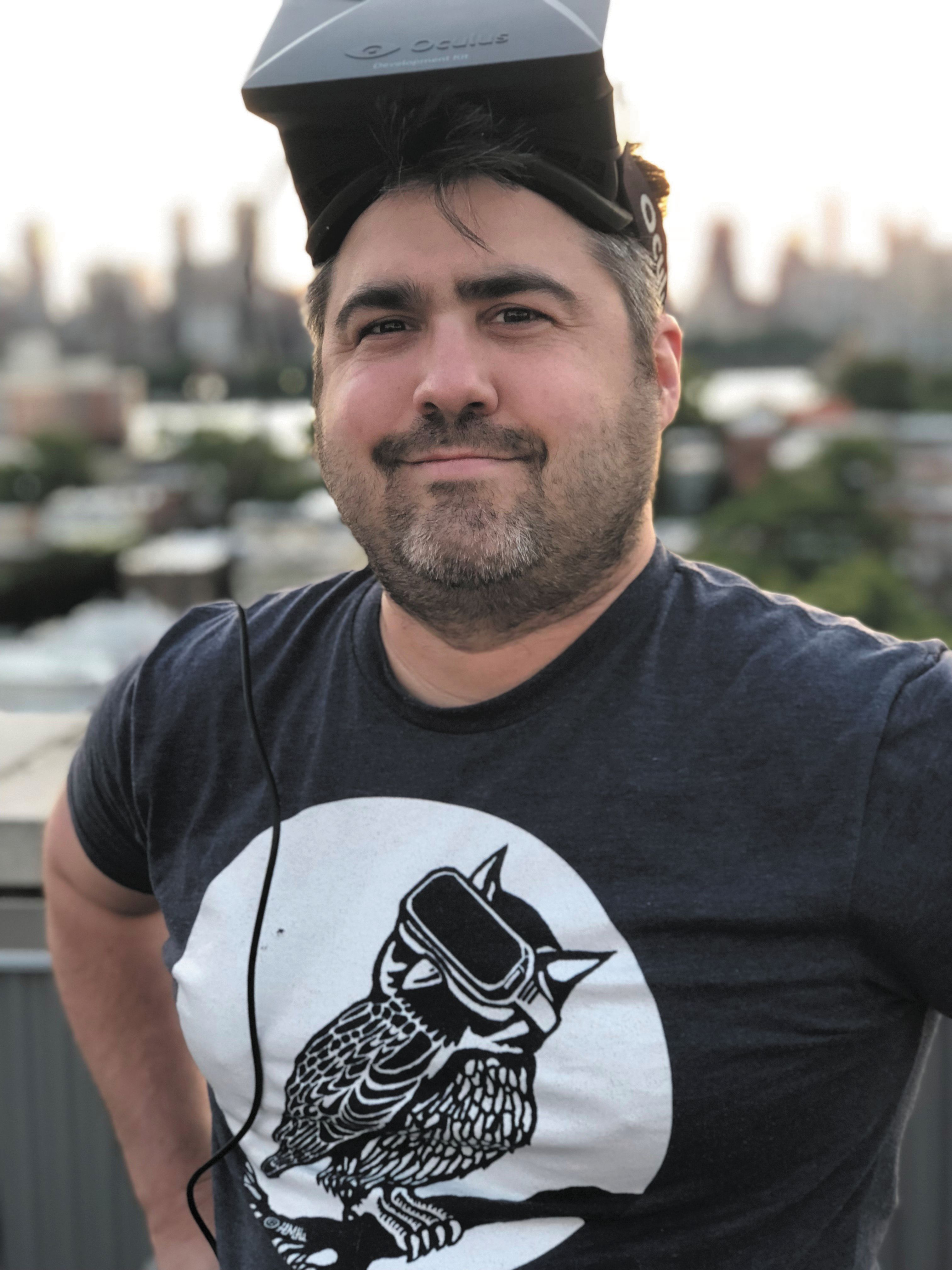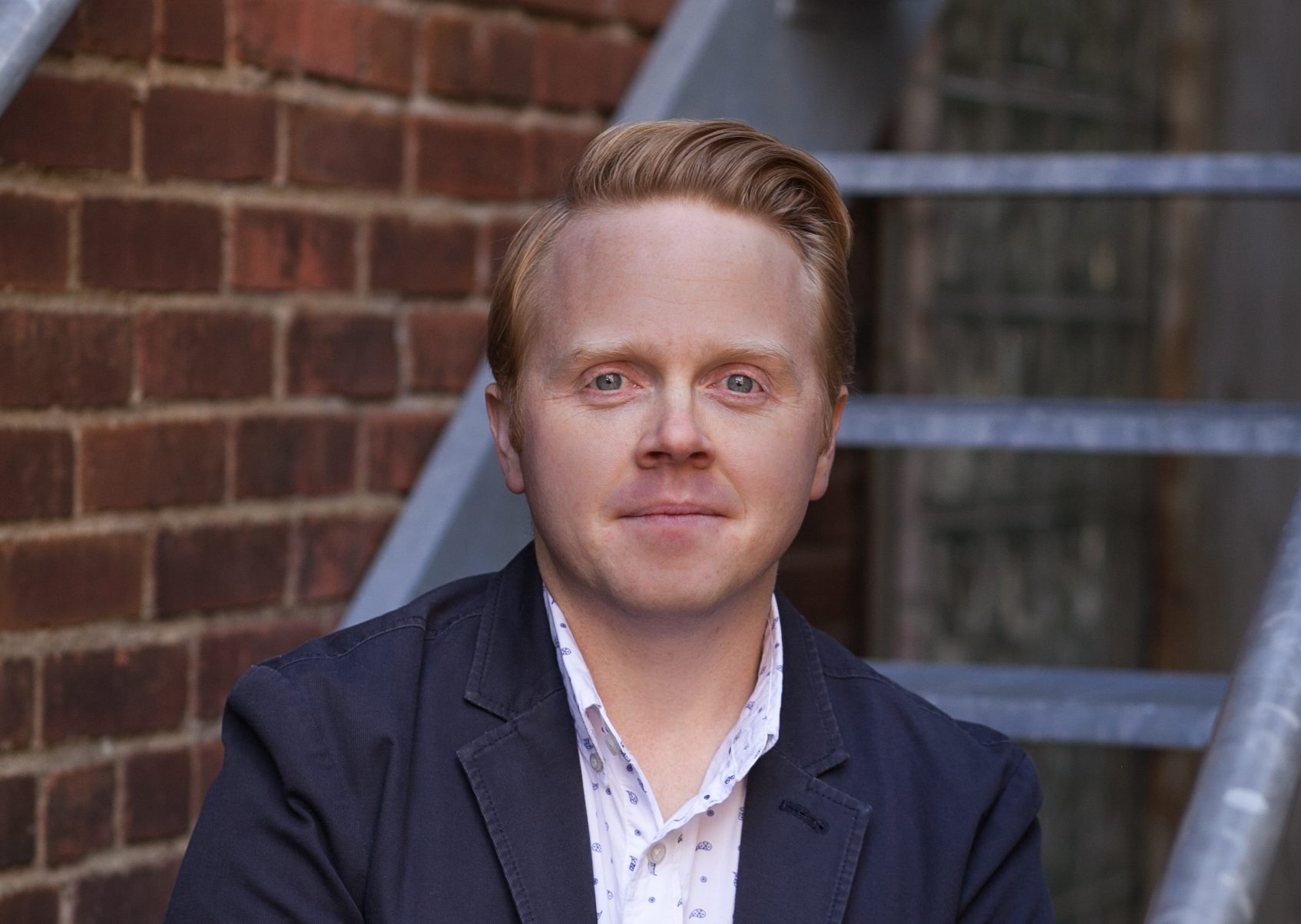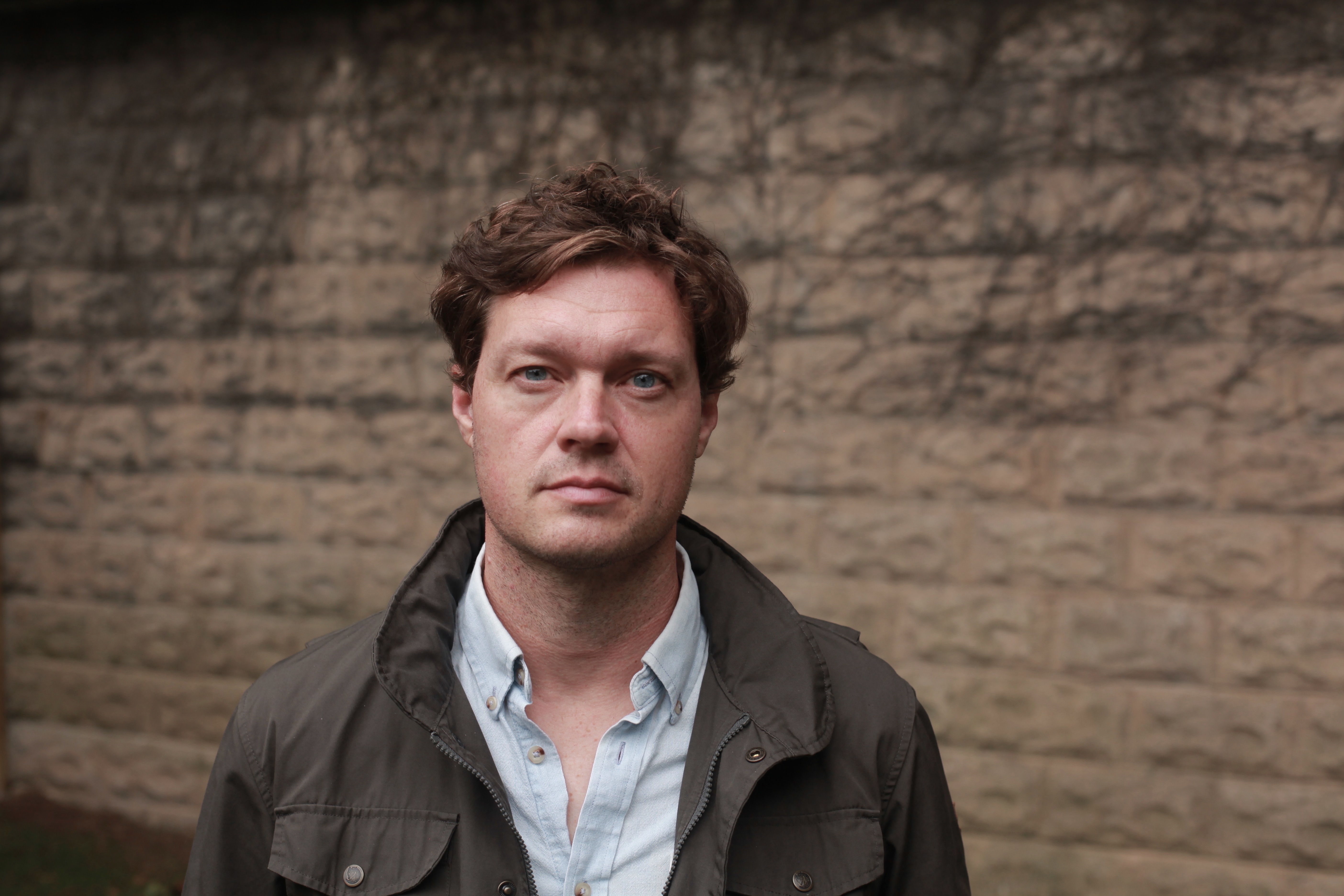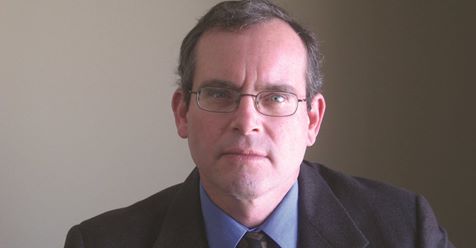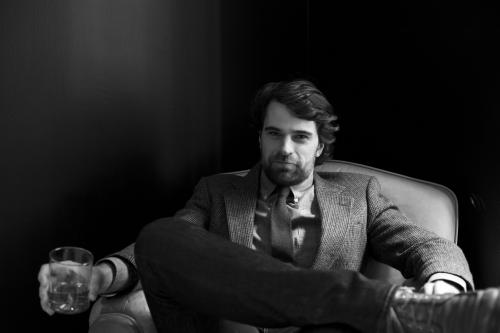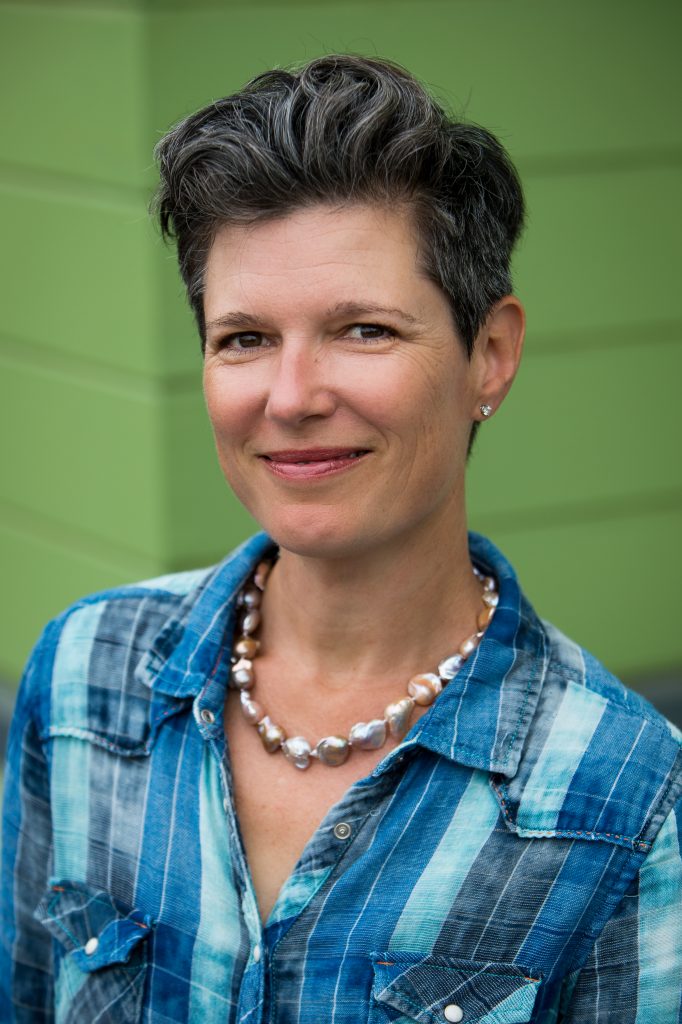
“The pleasure of reading a book is that it’s reciprocal.” —Meredith May (@meredithmaysf)
How are you, CNFers? I’m Brendan O’Meara and this is The Creative Nonfiction Podcast, the show where I speak to badass writers, filmmakers, producers, and podcasters about the art and craft of telling true stories, chart their journey through this crazy world and offer a few tips along the way to help you get the work done.
Be sure to subscribe to the show wherever you get your podcasts and follow me and the show on Twitter @BrendanOMeara and @cnfpod. You can follow the show on Instagram too where I post some great quote cards and audiograms from the show’s deep bench.
If you’re feeling friendly, please leave a review or a rating on iTunes. I’d love to see it reach 100, but it’ll take you. It’ll take you going that extra mile for you buddy BO. You know I love you for it.
This week I have Meredith May (@meredithmaysf across all the socials). She is the author The Honey Bus: A Memoir of Loss, Courage, and a Girl Saved by Bees. She also wrote I, Who Did Not Die: A Sweeping Story of Loss, Redemption, and Fate.
Okay, so Meredith May is here to talk about her career and her new book. She was shortlisted for the Pulitzer Prize for a long feature she wrote back around the time of the second Iraq War for the San Francisco Chronicle. We talk about the toxic nature of the competition Olympics, and how writing about someone else in another book cracked open her memoir for her.
